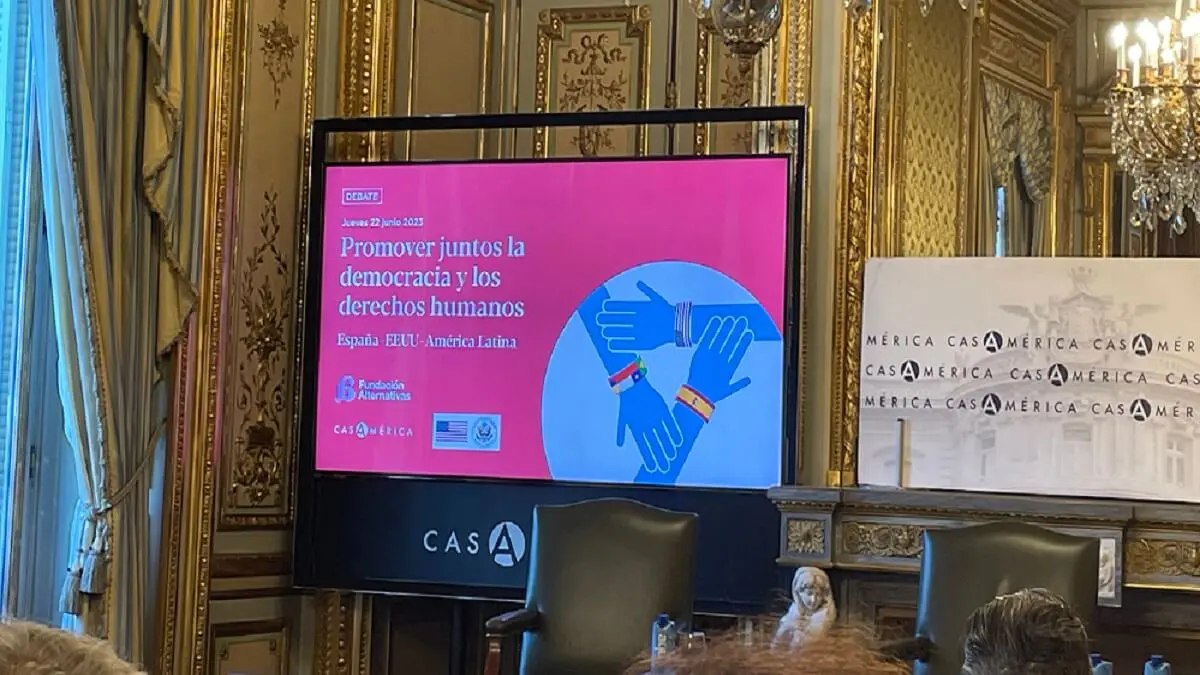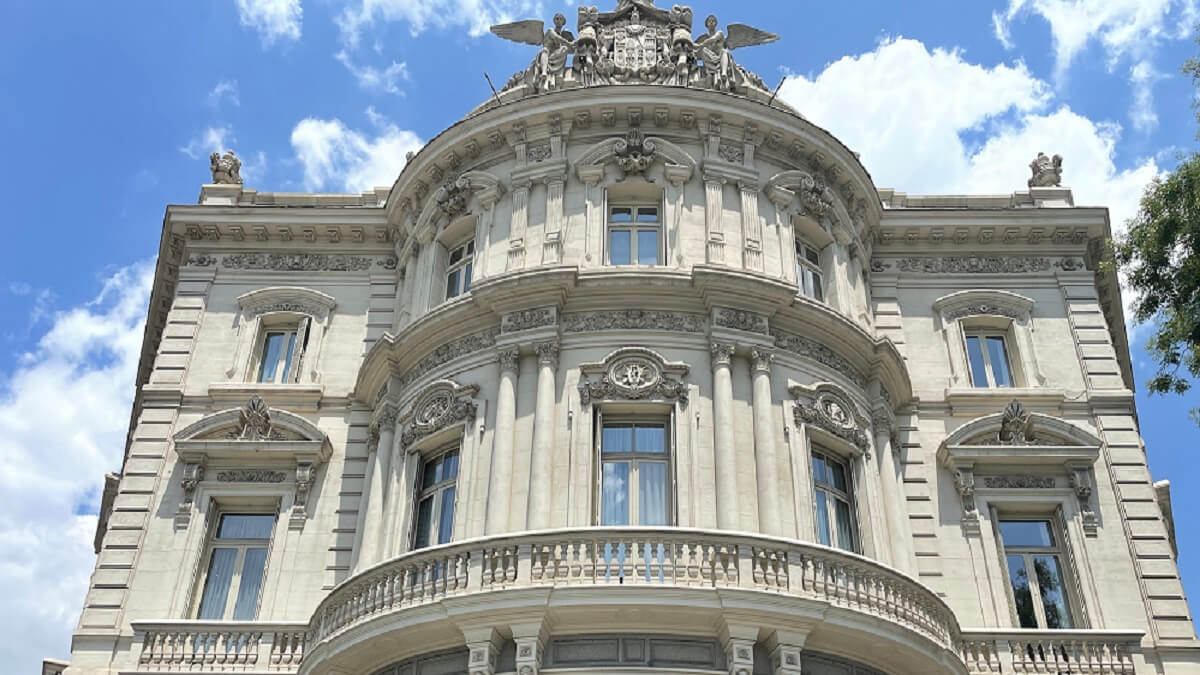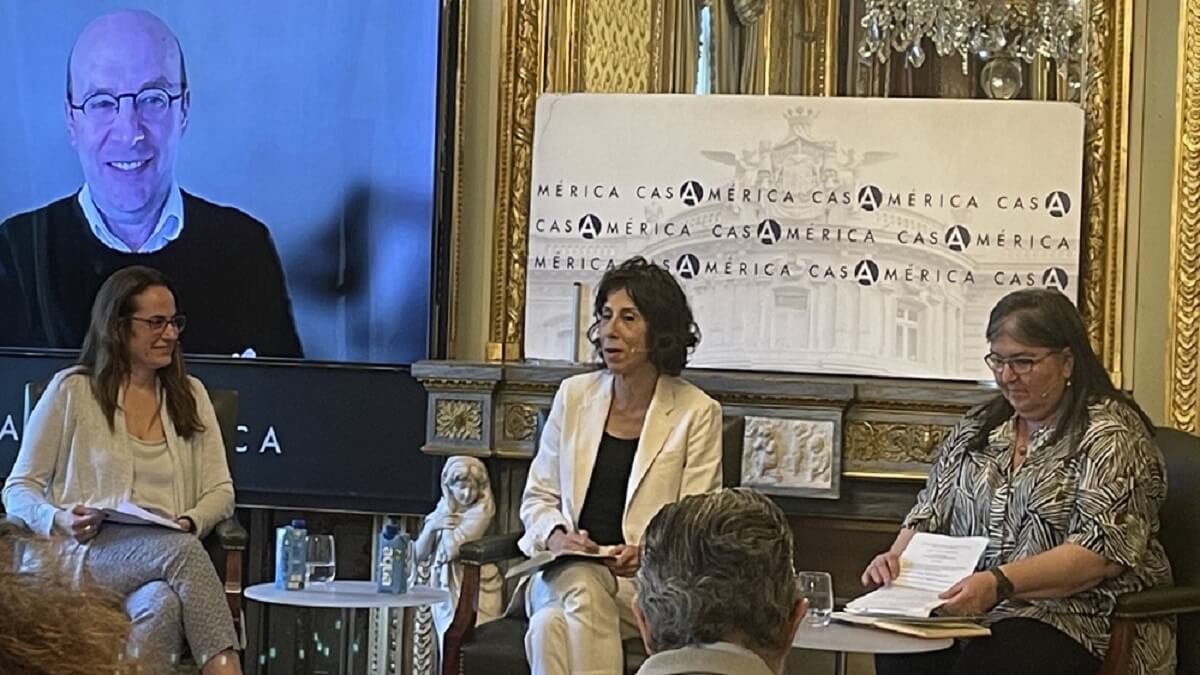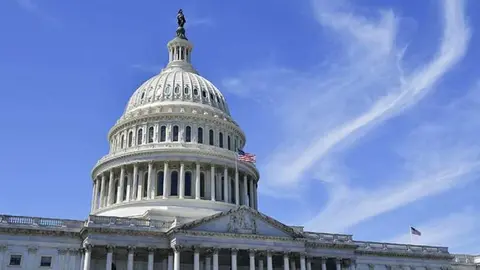Latin America: a region unsatisfied and indifferent to democracy

The United States and Spain should focus on working "for democracy with Latin America" and not "for Latin America", as the complexity of the issue transcends domestic borders and is an international problem. Democracy is not only political, but must also take into account private actors, businesses and civil society, which is the first to be affected by the democratic crisis, diminishing their quality of life and increasing indifference towards these regimes and their institutions. Democracy in the world, and especially in Latin America, is not going through its best moment, where it is threatened by corruption and authoritarianism. Much has been invested in institutionality, but democracies have not been able to satisfy the demands of global citizens, as concluded in the debate "Promoting democracy and human rights together. Spain, the United States and Latin America", organised by the Fundación Alternativas at Casa América.
During the first debate, Antón Leis, Director of the Spanish Agency for International Development Cooperation (AECID), stated that 51% of Latin Americans prefer a non-democratic regime if it solves their problems of security, economics, drug trafficking or organised crime. An example of this is El Salvador, where the population is willing to exchange security for freedom as long as the government responds to the country's insecurity problem, which has reached more than 100 intentional homicides per 100,000 inhabitants.

Civil society is unhappy because "citizens elect their representatives to make public policies, but what they are doing is not happening, they don't really have better access to public services such as health or education", said Esther del Campo, Dean of the Faculty of Political Science and Sociology at the Complutense University of Madrid, at the first round table. The outlook is discouraging; many democratic leaders come to power through the ballot box and then ignore elementary democratic guarantees, as was the case with López Obrador in Mexico, Bolsonaro in Brazil or Bukele in El Salvador. On the other hand, there are also fragile democracies, where there is a dissolution of power as has happened and is currently happening in Peru, said Tamara Taraciuk, director of the Inter-American Dialogue.
"In Europe, we have traditionally thought that a strong state and a strong civil society were two of the pillars that have sustained us, but in Latin America we have not historically had strong states, and in almost no country in the region has there been a strong civil society," said Esther del Campo. For this reason, work must be done to strengthen civil society and generate organisational mechanisms that have an impact on society, because, although "Spain has worked towards this, the proposed objectives have not been achieved".

Failure often occurs because there is only talk of democratic diagnosis and very little of the early warnings to be taken into account in order to prevent democratic regression. This is the case of Venezuela, where Tamara Taraciuk considers that "there is a false perception of normalisation, due to the lack of a real diagnosis of the selective repression that exists in the country, the humanitarian emergency and the refugee crisis of more than 7.2 million Venezuelans". In order to bring about a change in the Venezuelan state, incentives are needed that will lead to transition, such as the upcoming elections, in which "a European electoral observation mission is essential", or the search for justice for the violation of human rights. Spain's role here would be to seek a regional consensus to promote democratic transition, given that the institutions do not intend to change, as they have shown over the years.
In the Latin American region, there are no minimum obligations despite the debates that exist on what should be done, as in the end basic pillars related to democracy, human rights and social values are not established in a region that stands out for being very broad and with very diverse situations in each country. In some states, there is still a potential risk of democratic instability, as in the case of Brazil, the main imitator of Donald Trump, where Lula da Silva's government could be endangered if the former US president were to return. Instability is also threatened by the migration of Nicaraguans, Cubans, Venezuelans and Haitians, among others. "To talk about migration is to talk about women and trafficking", to which the region is not prepared to guarantee safe mass mobilisation, and whose response is an increasingly militarised border between Mexico and the United States and Nicaragua, concluded Irune Aguirrezabal, Director of the Ibero-American Programme for Human Rights, Democracy and Equality at the last round table.









